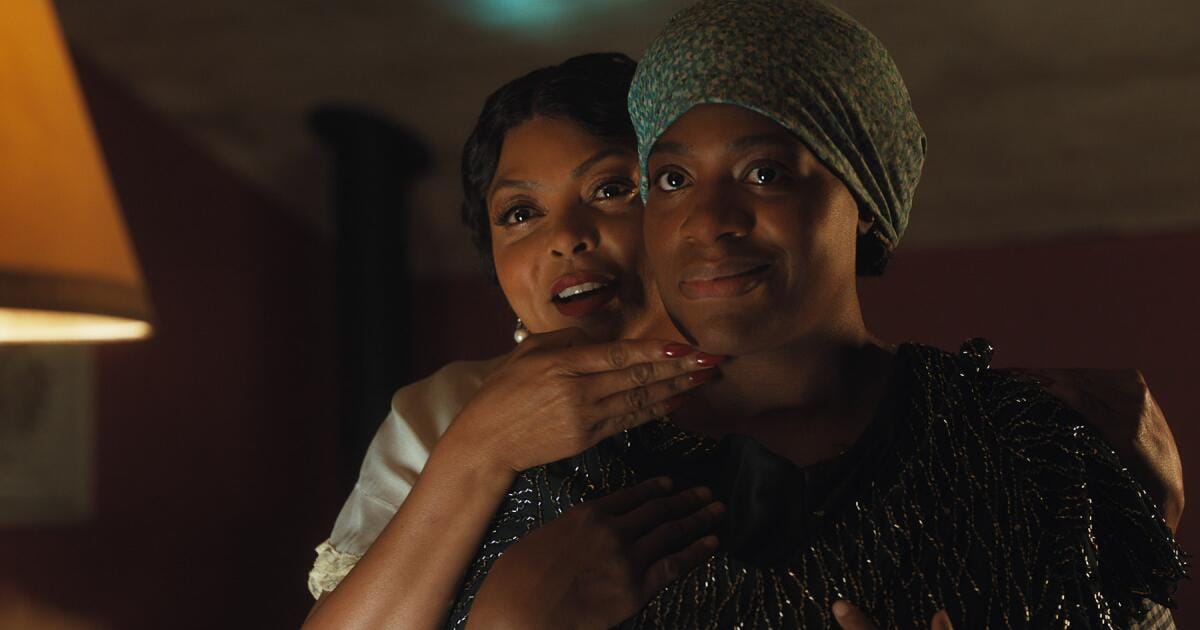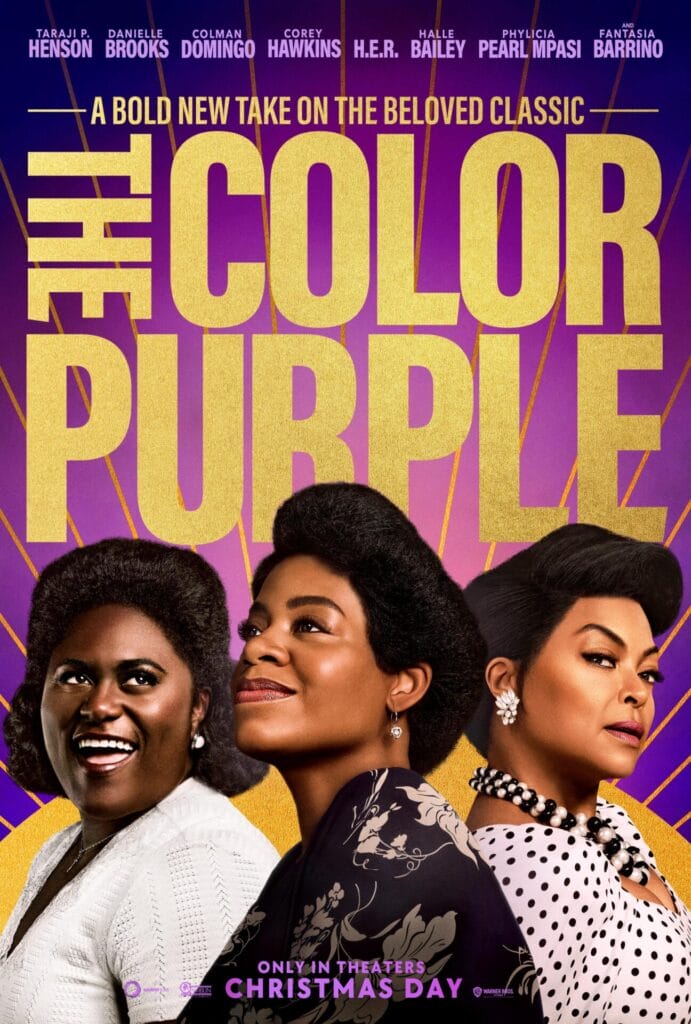SUMMARY
Considering the quality, quantity, and diversity of films distributed under the Warner Bros. Discovery banner, GLAAD has given Warner Bros. Discovery a POOR grade.
While Warner Bros. released the standout adaptation of The Color Purple, with Black queer women in the leading roles, the rest of its slate is wholly lacking. There is a brief inclusion of a gay superhero in Shazam! Fury of the Gods, but he is a minor character whose inclusion is not significant to the plot. Meanwhile there were zero LGBTQ-inclusive films from streamer Max.
Warner Bros. Discovery must sincerely invest in LGBTQ-led stories, as queer audiences may turn to companies and streamers that include their community.
HISTORY
Warner Bros. was founded by four Polish immigrant brothers in the early 1900s as a movie theater business, evolving into a film production studio in 1923. In April 2022, Warner Bros. merged with Discovery, Inc. to form Warner Bros. Discovery. The next year, Warner Bros. amended its initial plan to merge Discovery+ with HBO Max, now known as Max. As a result, Max includes “most” Discovery content while Discovery+ remains a stand-alone streaming service. Warner Bros. has produced critically acclaimed films such as Casablanca, A Clockwork Orange, Goodfellas, the blockbuster Harry Potter franchise, and multiple DC Comics adaptations.
In one of Warner Bros. most infamous films, Rebel Without a Cause (1955), Sal Mineo plays the tragic character Plato, one of film’s earliest recognizable gay-coded characters. Other inclusive films released during the twentieth century, nearly all based on external source material that featured LGBTQ characters, include Dog Day Afternoon (1975), The Color Purple (1985), Interview with the Vampire (1994), and Midnight in the Garden of Good and Evil (1997). In the 2010s, many of Warner Bros. films featured unwarranted gay panic jokes and other cheap punchlines, as seen in Get Hard (2015), Central Intelligence (2016), and CHiPs (2017). Other LGBTQ-inclusive releases from Warner Bros. include Alexander (2004), Kiss Kiss Bang Bang (2005), V For Vendetta (2005), J. Edgar (2011), Tammy (2014), Storks (2016), Crazy Rich Asians (2018), Isn’t It Romantic (2019), Birds of Prey (2020), and In the Heights (2021). Max’s previous LGBTQ-inclusive films include GLAAD Media Award nominees La Layenda Nedra (2020), Unpregnant (2020), and The Fallout (2022), as well as the documentaries LFG (2021), Eyes on the Prize: Hallowed Ground (2021), Call Me Miss Cleo (2022), and Santa Camp (2022).


 One of the many adaptations of Alice Walker’s novel of the same name, The Color Purple is specifically an adaptation of the 2002 Broadway musical. The musical, as well as the book, portrays the relationship between protagonist Celie and singer Shug Avery as explicitly romantic. This film carries that relationship over as well, though it sadly cuts a few of their more significant romantic moments from the musical. Celie meets Shug as the lover of her abusive husband, Mister, but the two grow closer in their own right, eventually forming their own relationship. There is a brief scene where they kiss in a movie theater, and are clothed in bed together, but their physical intimacy could have definitely been expanded. There are further scenes and musical numbers in the musical that explore their romance that sadly were not included in this adaptation.
One of the many adaptations of Alice Walker’s novel of the same name, The Color Purple is specifically an adaptation of the 2002 Broadway musical. The musical, as well as the book, portrays the relationship between protagonist Celie and singer Shug Avery as explicitly romantic. This film carries that relationship over as well, though it sadly cuts a few of their more significant romantic moments from the musical. Celie meets Shug as the lover of her abusive husband, Mister, but the two grow closer in their own right, eventually forming their own relationship. There is a brief scene where they kiss in a movie theater, and are clothed in bed together, but their physical intimacy could have definitely been expanded. There are further scenes and musical numbers in the musical that explore their romance that sadly were not included in this adaptation.










